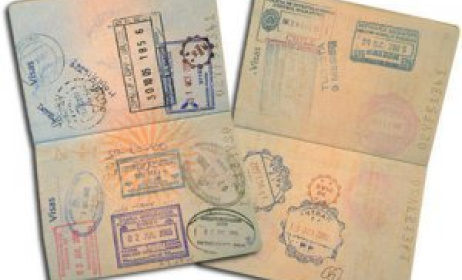ISM survey hints at UK visa crisis for non-EEA musicians
The UK's Incorporated Society of Musicians (ISM) is inviting musicians from non-European Economic Area (non-EEA) countries to participate in a survey that seeks to find out more about the process of applying for UK visas.
 Gambian act Brikama Boyo was denied a UK visa in 2017.
Gambian act Brikama Boyo was denied a UK visa in 2017.
"The survey aims to find out more about the experiences of musicians from non-EEA countries visiting the UK to perform, compose or promote their music. The survey is particularly interested in the process of applying for different visas to visit the UK," the survey reads.
This survey comes months after several UK booking agents, music promoters and festival organisers challenged the British government on its visa policies. The laws have reportedly negatively affected artist residencies, live performances, exhibitions, book launches, talks and conferences.
In May 2019, the ISM released a report (attached below) into the effects of Brexit on the music profession, which raises a number of concerns in terms of artistic freedom of movement and mobility.
In 2017, Gambian musicians Brikama Boyo and Big Faa were denied visas ahead of a concert in London. Last year, WOMAD festival organiser Chris Smith told British media that due to the UK's visa laws, it had become increasingly difficult for non-EEA musicians to perform at the festival.
“We’ve had situations where, say, an African artist has been due to come who plays a particularly rare instrument, and we’ll be asked, ‘Can’t you find someone in the UK who plays that instrument?’ which is absurd,” he said.
In addition, temporary worker visas for creatives and sportspeople cost £244 (about $300), and an additional £200 if applying for longer than six months.
Who can take part in the survey?
Eligible survey participants should be from:
- North America
- Africa
- Asia
- Central America
- South America
- Middle East
- Oceania
- European countries that are not in the EU or EEA such as Turkey, Russia, Ukraine, Albania, Serbia, Bosnia-Herzegovina, Kosovo, Moldova, Belarus, Andorra, Macedonia, Montenegro and Switzerland.
Participate in the survey here. Entries will close on 31 August 2019.























Commentaires
s'identifier or register to post comments